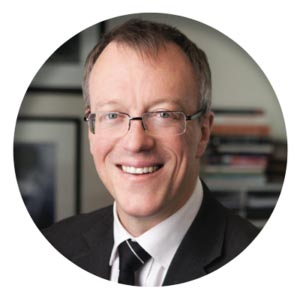A message from Greg Clarke
We ought to see the Bible everywhere, as a conversation partner in the joys and struggles of life, both big and small. We believe that the Bible is an everyday book, for everyone. It contains the wisdom of the ages and fresh words for us every sunrise.
That’s why we want to see it in everyone’s hands, every person meaningfully engaged with the rich and rewarding words of life. Thank you for sharing this vision and contributing to the task.

Here she relates how these classes changed her life.
“I started studying after hours in the women’s literacy class,” she says. “During the last month of my class, one day my supervisor at my workplace asked me to check the attendance of other workers. I checked and signed on the register.
“From that day, our head assigned me as a supervisor of the sanitary workers. Now my salary is up and status is up because of the education. I am thankful for the Pakistan Bible Society, donors and my church for providing me such an opportunity for upgrading my life status.”
The sad fact is that although these women have knowledge of God, their faith is not always well-grounded in Scripture. Moreover, they live in a country where their Christian faith is not always welcomed, as the notorious blasphemy case of Christian woman Asia Bibi shows.
“I myself was fond of education in my childhood but due to the load of work for my family I could not go to school in my childhood ... I was very interested to read the Bible but could not because of the illiteracy. Now I am so glad that I can read the Bible. When I read the Bible with family, my children listen very carefully because I read slowly. When I make a mistake, my children laugh and enjoy it,” she says, covering her face with her hands in embarrassment.
Parveen also benefited from the introduction in 2018 of a new mathematics subject to enable students to calculate wages, expenditures and complete other household duties. Parveen is glad that she can now calculate the accurate weight of the cotton plucked by the labouring women and pay them the correct wages.
At the age of 22, Parveen married and moved in with her in-laws in a neighbouring village. She is now 39 and has a son and two daughters.
Read the full article in the Autumn edition of Sower
Read the full article in the Autumn edition of Sower
About Us
Established in Sydney in 1817, Bible Society Australia’s activities take place as part of the United Bible Societies who operate across 200 countries and territories.
We are one of the most extensive mission groups in the world and do our work in partnership with churches, providing resources and Bible-focused campaigns and community programs.










